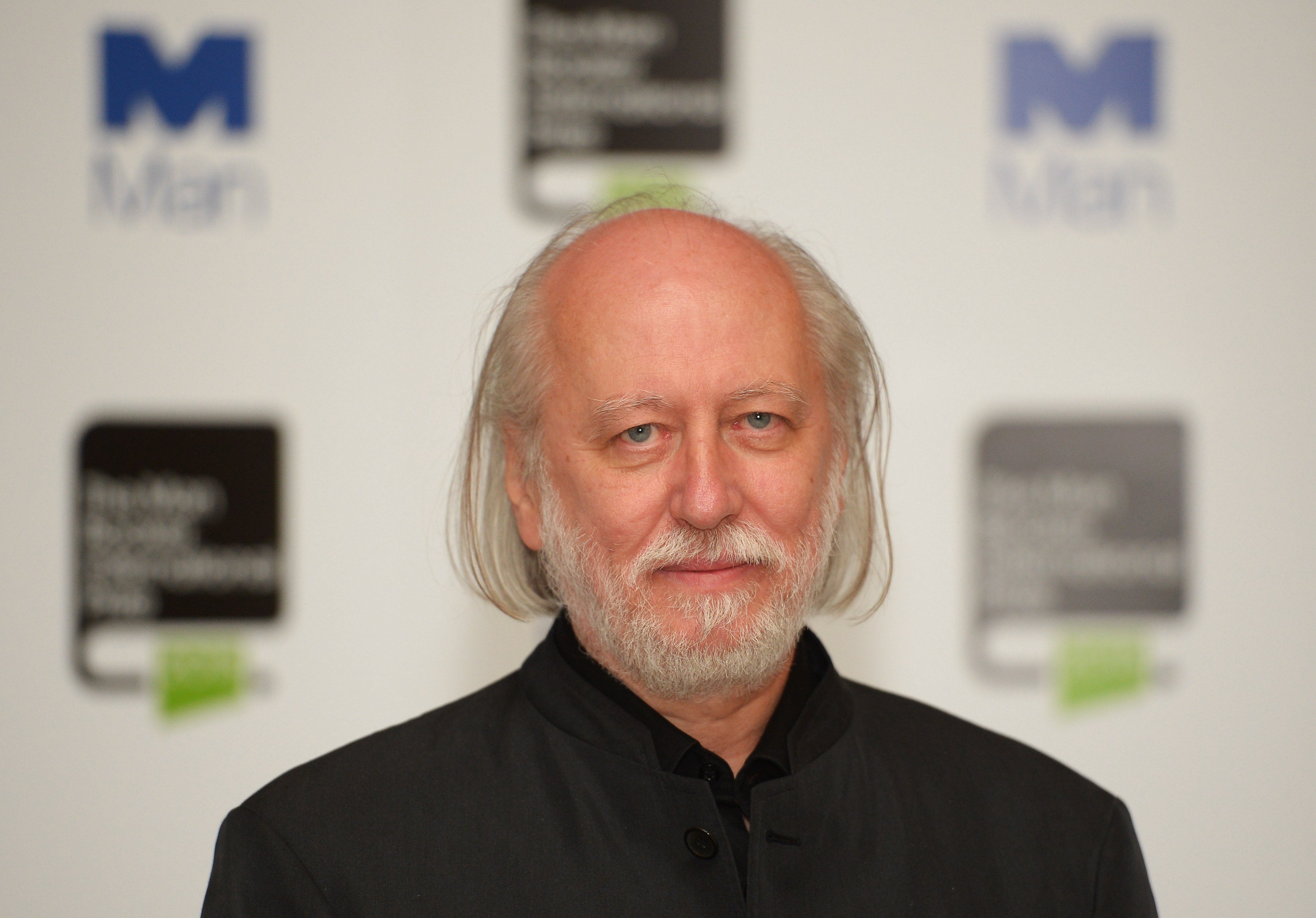Hungarian writer László Krasznahorkai, best known for his dystopian and apocalyptic 1985 novel Satantango, is the recipient of this year’s prestigious Nobel Prize in Literature.
The Nobel Committee awarded the 71-year-old the prize for his “compelling and visionary oeuvre that, in the midst of apocalyptic terror, reaffirms the power of art”.
After three days of Nobel Prizes honouring work in the sciences, the literature award was announced by the Nobel Committee at the Swedish Academy in Stockholm on Thursday.
Krasznahorkai’s works have won numerous prizes, including the 2019 National Book Award for Translated Literature and the 2015 Man Booker International Prize. Several of his works, including Satantango and The Melancholy of Resistance, have been adapted into feature films.
Born in Gyula, Hungary, in 1954, Krasznahorkai made his debut with Satantango, a haunting, intricately structured novel that portrays a group of people living in a decaying Hungarian village before the fall of Soviet rule. The community is led by Irimiás, a charismatic man long presumed dead, who suddenly returns under mysterious circumstances.
In 1994, the book was adapted by Hungarian director Bela Tarr into a seven-hour film. It is regarded as one of the best arthouse films of all time.
Another of his greatest works, The Melancholy of Resistance, takes place over a few days in a provincial town in Hungary, where apocalyptic events take place as major unrest erupts in the Eastern bloc.
The Swedish Academy praised Krasznahorkai’s unique writing style, which features long sentences and unbroken paragraphs that stretch for pages. It has led critics to compare him to Franz Kafka, Herman Melville and Nikolai Gogol.

The author’s writing is influenced by his travels across Europe and East Asia after he left communist Hungary in 1987. His trips to Mongolia and China, in particular, inspired works including 1992’s The Prisoner of Urga and 2004’s Destruction and Sorrow Beneath the Heavens.
His other works include War and War (1999), which follows a Hungarian man who finds an antique manuscript that narrates the epic tale of several soldiers struggling to escape a disastrous conflict. Seiobo There Below, published in 2008, depicts the Japanese goddess Seiobo returning to mortal realms in pursuit of complete perfection.
Krasznahorkai is the second Hungarian author to pick up the award, following the late Imre Kertész, who won in 2002.
Other authors tipped to win the award included Norwegian Wood writer Haruki Murakami, Canadian novelist Margaret Atwood, British-American author Salman Rushdie, and Chinese avant-garde writer Can Xue.
Each year, thousands of academy members, university professors, scientists, previous Nobel Prize laureates and members of parliamentary assemblies are asked to submit candidates for Nobel Prizes. The names of the nominees cannot be revealed until 50 years later.
Last year, the prize went to Han Kang, a South Korean author best known internationally for her novels The Vegetarian and Human Acts. Han was chosen by the Nobel Committee for her “intense poetic prose that confronts historical traumas and exposes the fragility of human life”.
Each prize carries an award of 11m Swedish kronor (£870,000). The winners also receive an 18-carat gold medal and a diploma.
Krasznahorkai will formally receive the medal and diploma at a ceremony in Stockholm in December.
The Nobel Prize in Literature has been awarded 119 times since 1901. Recent laureates include Annie Ernaux, Bob Dylan, Abdulrazak Gurnah, Louise Glück, Peter Handke and Olga Tokarczuk.
It has long faced criticism that it is too focused on European and North American writers of style-heavy, story-light prose. It has also been male-dominated, with just 18 women among its laureates.
The winner of the Nobel Peace Prize will be announced on Friday. US president Donald Trump is considered a long shot, despite recently telling United Nations delegates, “Everyone says that I should get the Nobel Peace Prize.”







